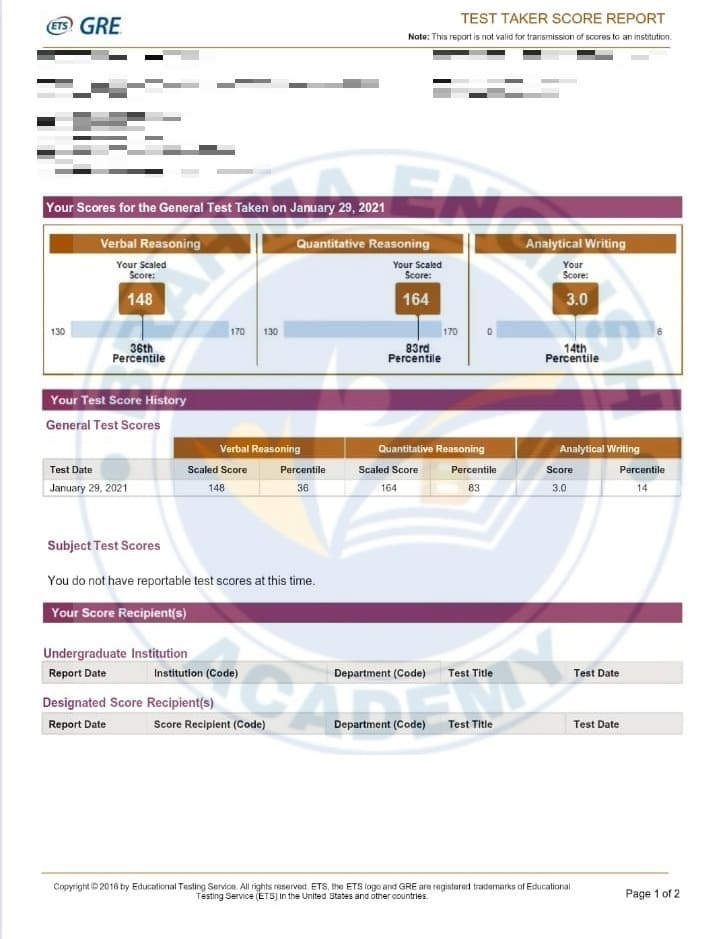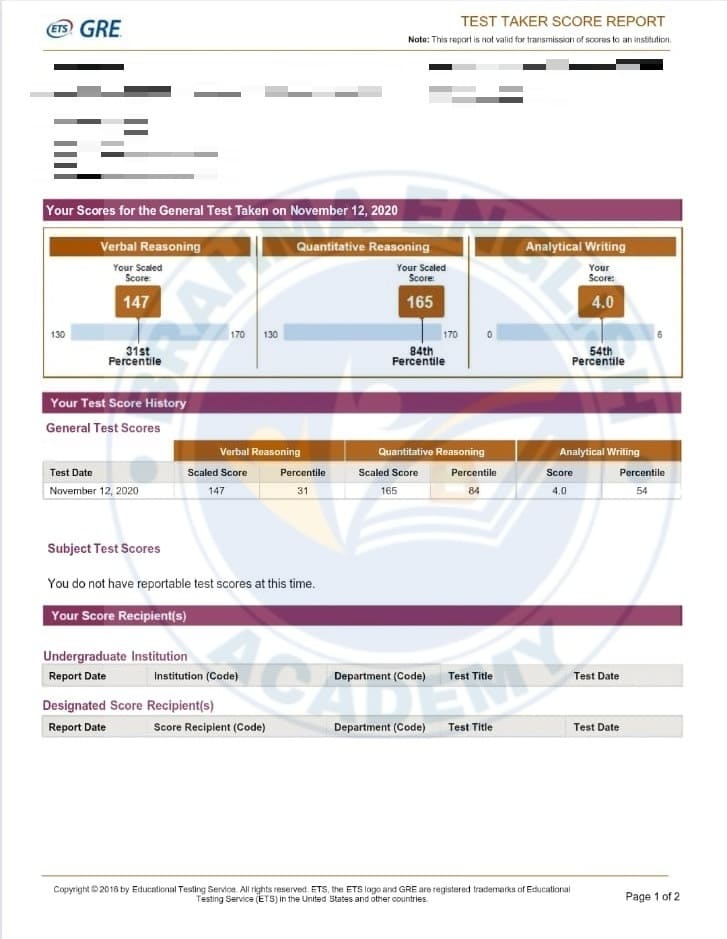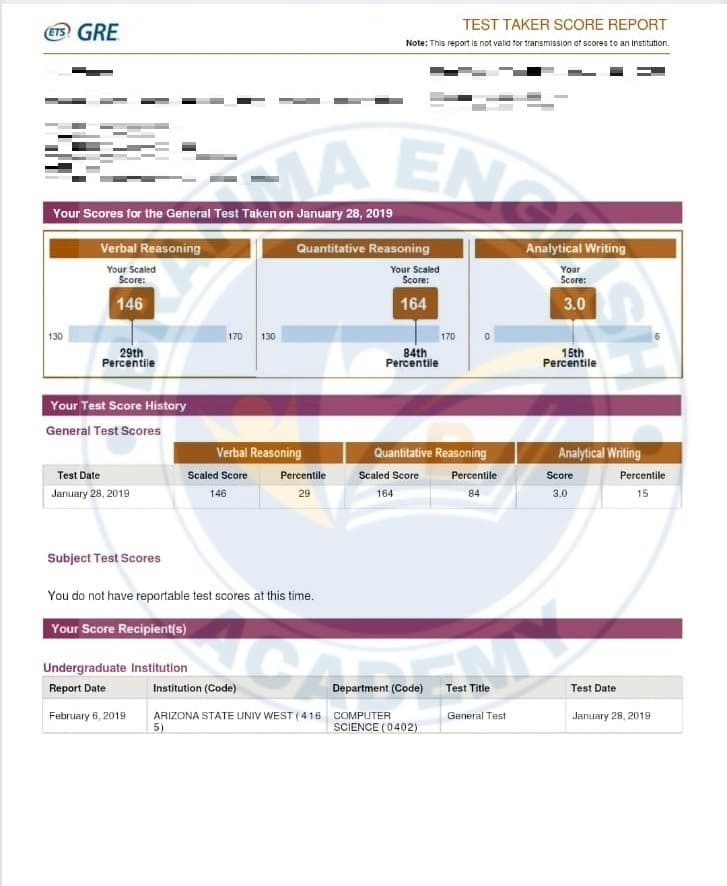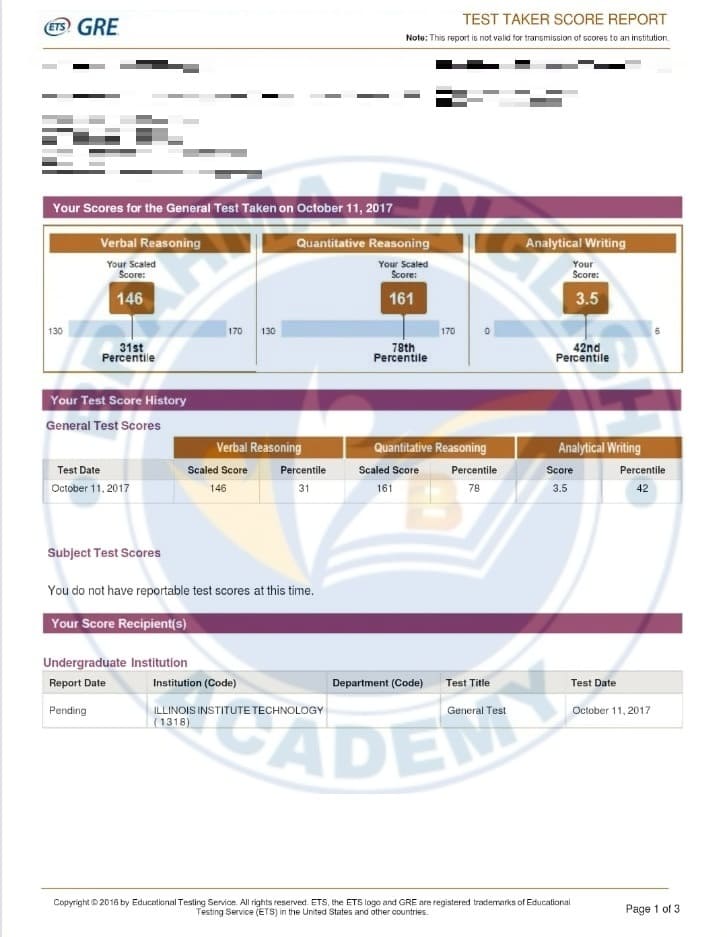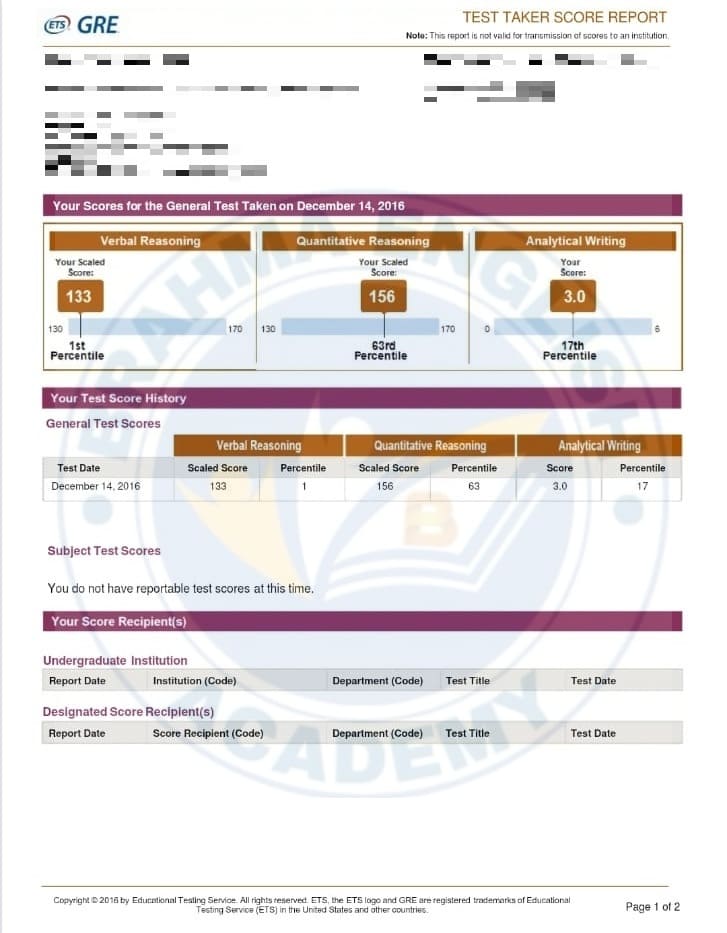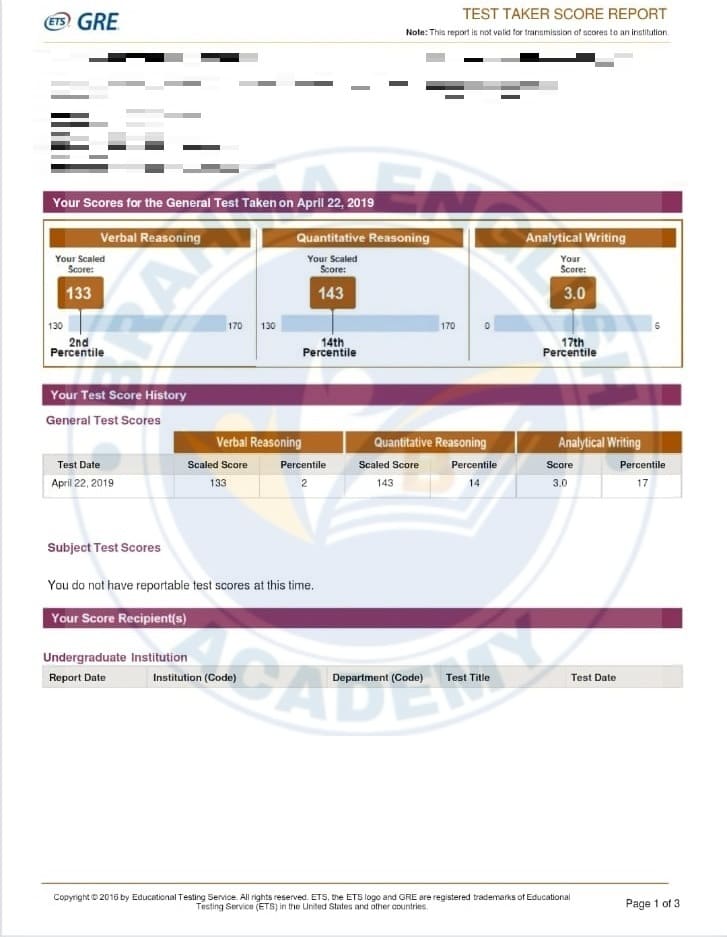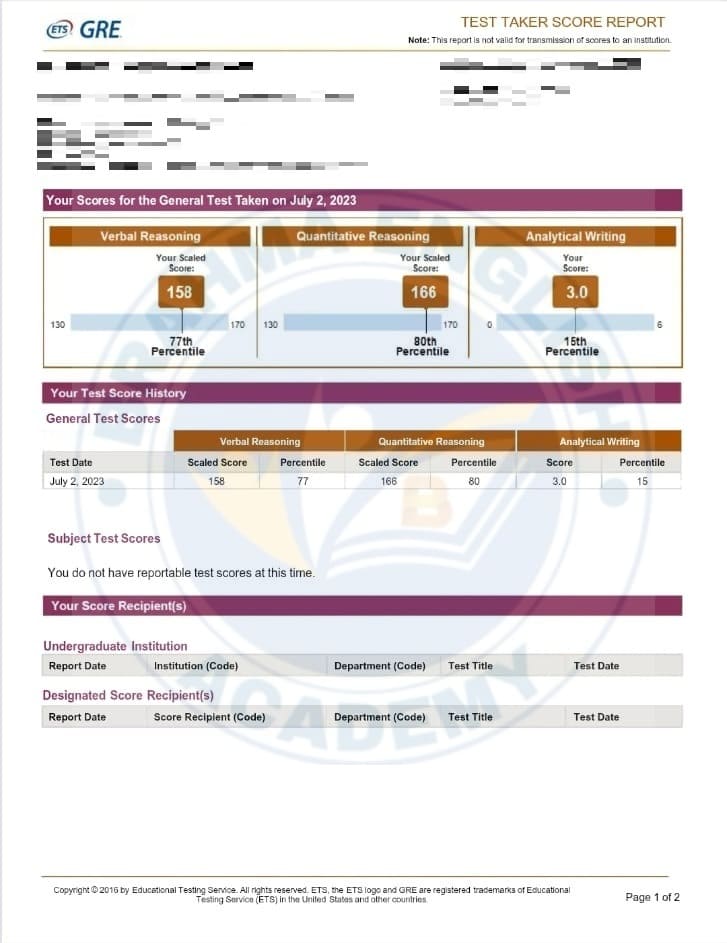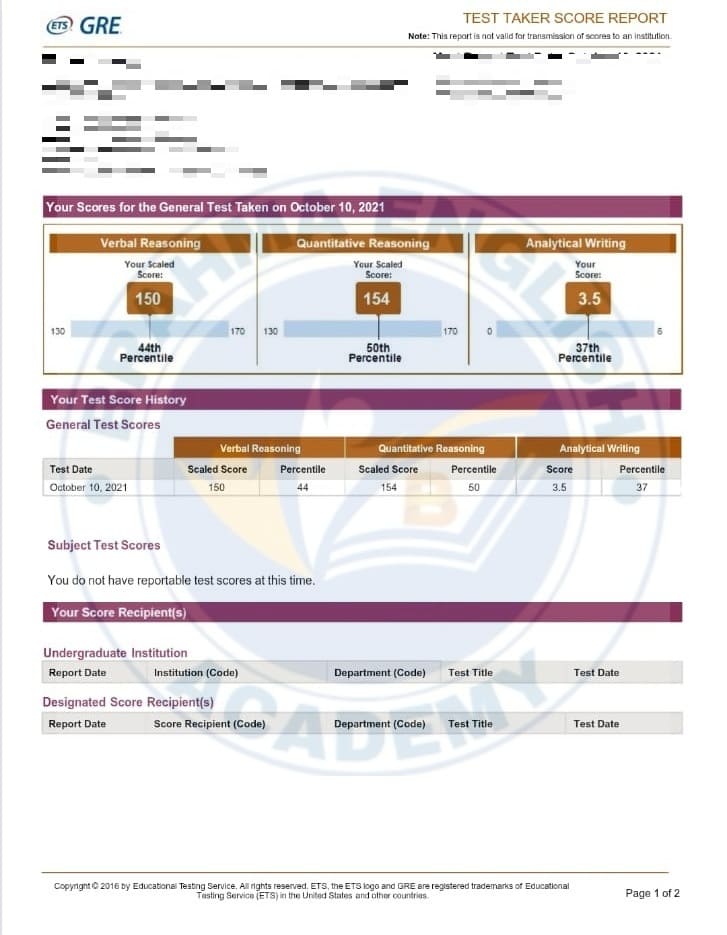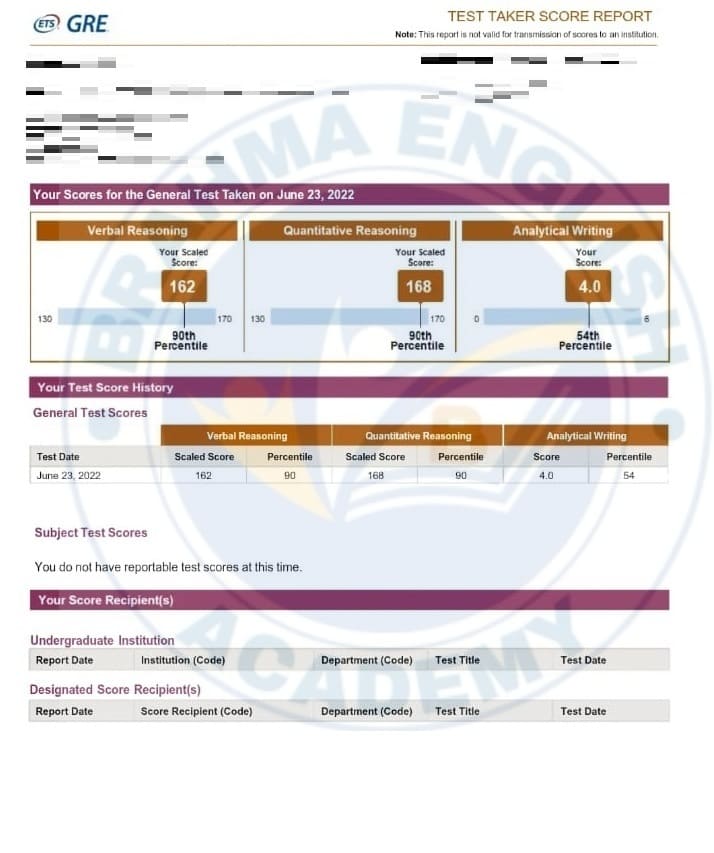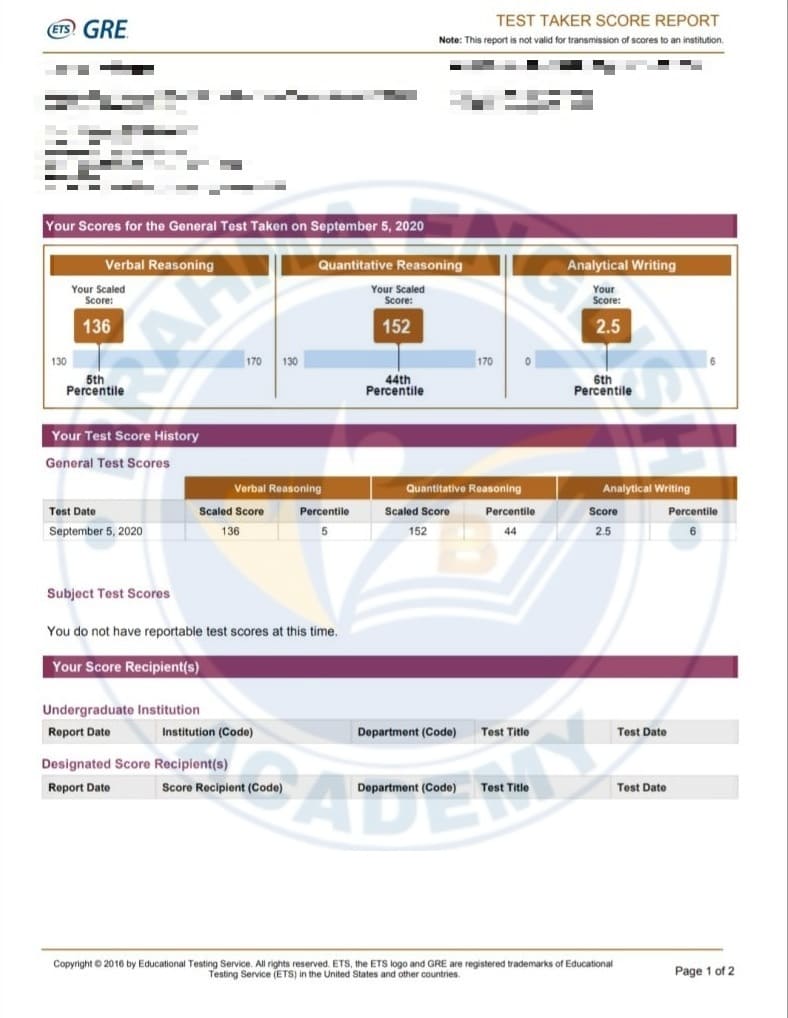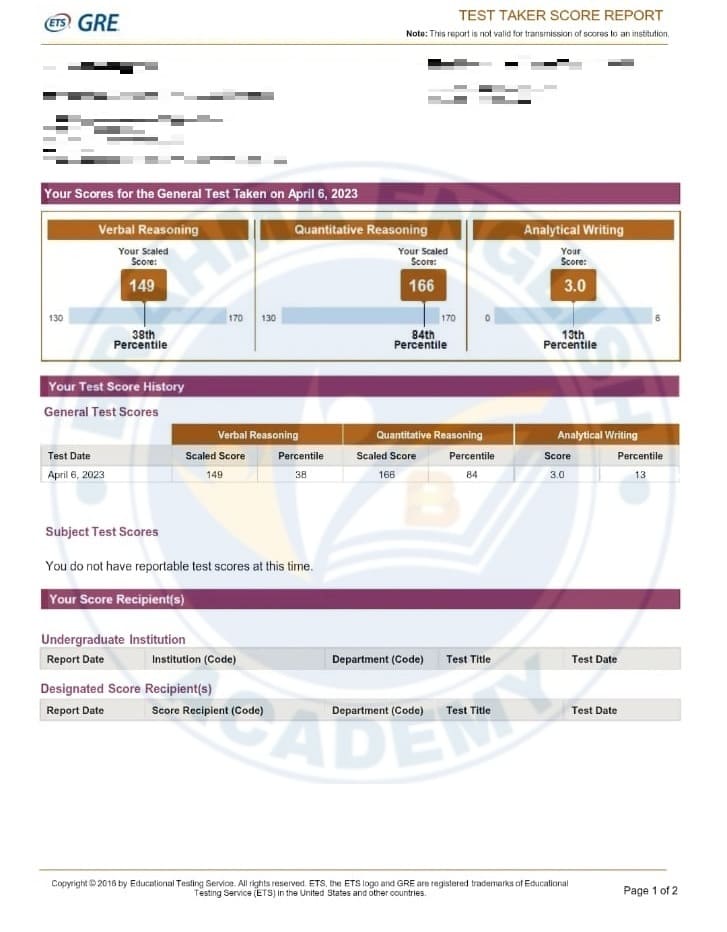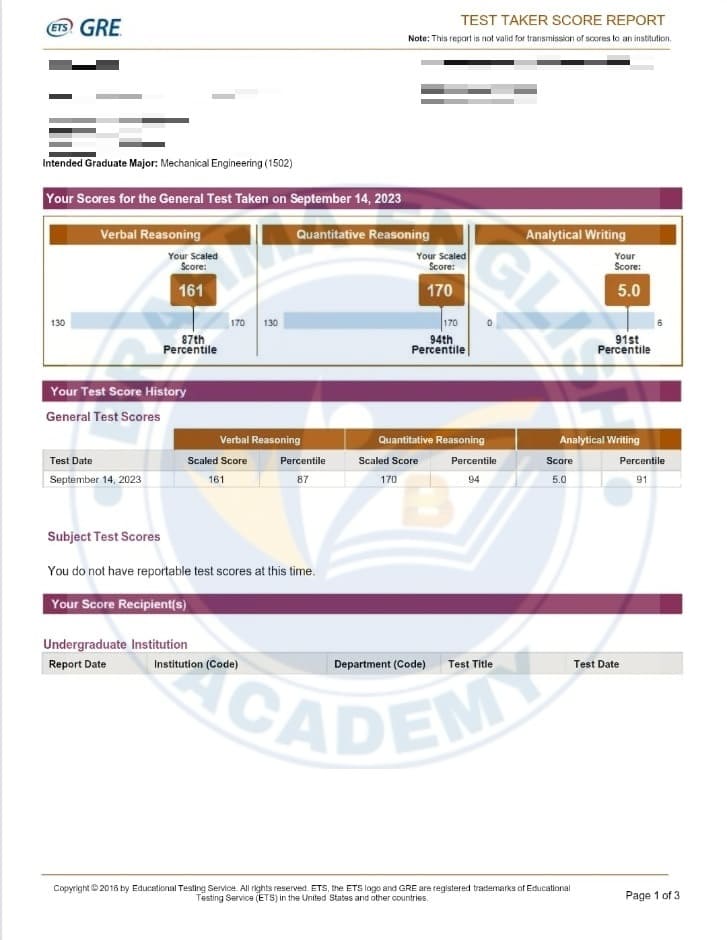Universities require it to assess a candidate’s readiness for advanced studies by evaluating:
GRE Syllabus in Detail
The Graduate Record Examination (GRE) is a standardized test required for admission to many graduate programs worldwide. The exam is designed to assess verbal reasoning, quantitative reasoning, and analytical writing skills.
1. Verbal Reasoning (English Language Skills & Reading Comprehension)
- Number of Questions: 40 (20 per section)
- Time per Section: 30 minutes
- Total Time: 60 minutes
A. Reading Comprehension (RC)
This section tests your ability to understand, analyze, and interpret written texts.
- Question Types:
- Multiple-choice questions (single answer) – Select one correct answer.
- Multiple-choice questions (multiple answers) – Select all correct answers.
- Select-in-Passage – Choose a sentence that best answers a given question.
B. Text Completion (TC)
Tests your ability to infer meaning and select the most appropriate words to complete sentences.
- Question Format:
- A short passage with one, two, or three blanks.
- Each blank has three to five answer choices.
- You must select the correct word for each blank.
C. Sentence Equivalence (SE)
Tests your ability to identify synonyms that complete a sentence with the same meaning.
- Question Format:
- One sentence with one blank.
- Six answer choices (you must select two correct words).
- The two selected words should give the same meaning to the sentence.
2. Quantitative Reasoning (Mathematics & Problem-Solving Skills)
- Number of Questions: 40 (20 per section)
- Time per Section: 35 minutes
- Total Time: 70 minutes
A. Arithmetic
- Properties of integers (odd, even, prime numbers)
- Fractions, decimals, percentages, and ratios
- Powers and roots
- Absolute value
B. Algebra
- Linear equations and inequalities
- Quadratic equations
- Functions and graphs
- Exponents and logarithms
C. Geometry
- Properties of lines, angles, triangles, circles
- Coordinate geometry
- Perimeter, area, volume
D. Data Analysis
- Mean, median, mode, and standard deviation
- Probability and combinatorics
- Interpreting charts, graphs, and tables
3. Analytical Writing (AWA - Essay Writing Skills)
- Number of Essays: 2
- Total Time: 60 minutes (30 minutes per task)
A. Analyze an Issue
- You will be given a statement or a general issue.
- You must take a position (agree/disagree) and present a well-reasoned argument.
Example Prompt:
- 📌 “Governments should focus more on environmental policies than economic growth.”
- 💡 You must present arguments for or against this statement with examples.
B. Analyze an Argument
- You will be given a short argument (with flaws in reasoning).
- You must analyze its logical soundness and point out weaknesses.
Example Prompt:
- 📌 “A recent study found that students who study late at night score higher. Therefore, schools should start classes later in the day.”
- 💡 You must evaluate whether this argument is logically strong or flawed.
GRE Marking System (Scoring Pattern Explained)
Overall GRE Score Calculation
| Section |
Score Range |
Scoring Increment |
| Verbal Reasoning |
130 – 170 |
1-point |
| Quantitative Reasoning |
130 – 170 |
1-point |
| Analytical Writing |
0 – 6 |
0.5-point |
4. Key Takeaways
- 325+ → Required for top-tier universities.
- 310-320 → Good for mid-tier universities.
- 300-310 → Accepted by some universities.
- Below 300 → Limited admission options, except for certain less competitive programs.













